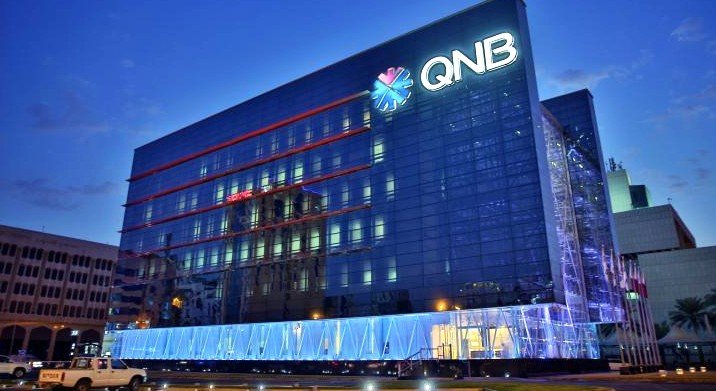By Matik Kueth
Qatar National Bank (QNB) has filed a formal petition in the United States District Court for the District of Columbia to recognize and enforce a $1.02 billion arbitration verdict against South Sudan and its central bank, Bank of South Sudan (BSS).
In a detailed file obtained by King Media on June 13, QNB requests that the International Centre for Settlement of Investment Disputes (ICSID) Convention, a global convention that binds member states to honor international arbitration verdicts as if they were final domestic court judgments, be invoked.
QNB’s legal team is urging the Washington court to enforce the ICSID ruling without revisiting the underlying merits of the case.
The dispute stems from loans extended to South Sudan shortly after its independence in 2011.
In its early post-independence years, the country, struggling to rebuild its shattered economy, borrowed heavily from QNB to finance imports of essential goods such as food, medicine, construction materials, and refined petroleum products.
When a civil war broke out in late 2013, South Sudan’s oil output and, by implication, government finances fell.
QNB continued to provide the country with extended credit, increasing its loan exposure by $250 million.
By 2015, South Sudan had begun to default on its debts. Two debt restructuring procedures ensued, ending in a 2018 Facility Agreement that consolidated previous liabilities into a new $700 million loan, repayable over 15 years commencing March 31, 2019.
South Sudan drew down nearly the whole facility, totaling $659.8 million, in February 2019, but failed to make its first scheduled return just weeks later.
QNB initiated arbitration under the ICSID framework in September 2020. The arbitration panel, which included Dr. Ucheora Onwuamaegbu (president), Peter Rees KC (for QNB), and Professor Hélène Ruiz Fabri (for South Sudan), heard arguments in London in January 2023.
In a final ruling given in May 2024, the tribunal found both South Sudan and BSS responsible for contract breaches.
The award holds the government and central bank jointly accountable for over $1.02 billion, including $659.8 million in unpaid principal, $432.3 million in accrued interest, and a $300,000 management fee, offset slightly by $71.1 million in repayments.
Additional obligations include post-award interest (based on a LIBOR-linked rate), QNB’s legal fees of nearly £1 million, and arbitration costs exceeding $266,000.
Despite the binding nature of the award, QNB states that South Sudan has neither paid any portion of the debt nor taken legal steps to suspend or annul the enforcement under ICSID procedures.
In its U.S. court filing, QNB contends that South Sudan has no valid legal defenses left, having explicitly waived sovereign immunity in both the loan agreements and by being a signatory to the ICSID Convention.
The bank insists the court must enforce the award as a judgment, without reviewing the case itself.
“The Court’s role is purely ministerial: to recognize and enforce the award, not to reconsider its merits,” QNB’s attorneys wrote.
The legal team representing QNB in the D.C. case includes Floriane Lavaud, Jovana Crncevic, and Alexander Haden of Withers Bergman LLP.
As of the filing, South Sudanese officials, including the Minister of Foreign Affairs and the Governor of the Bank of South Sudan, have not responded to the petition.



